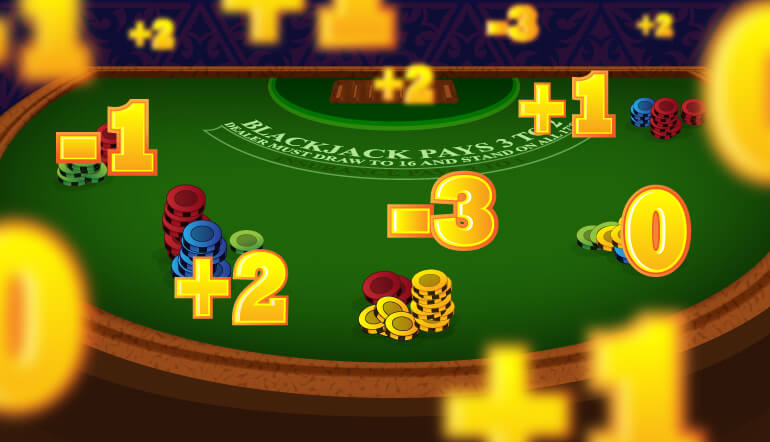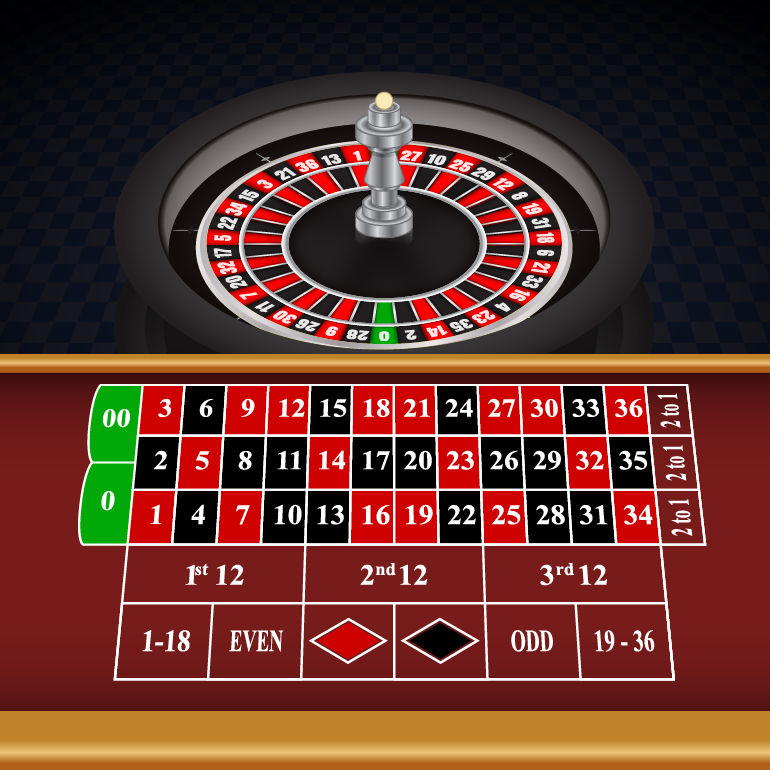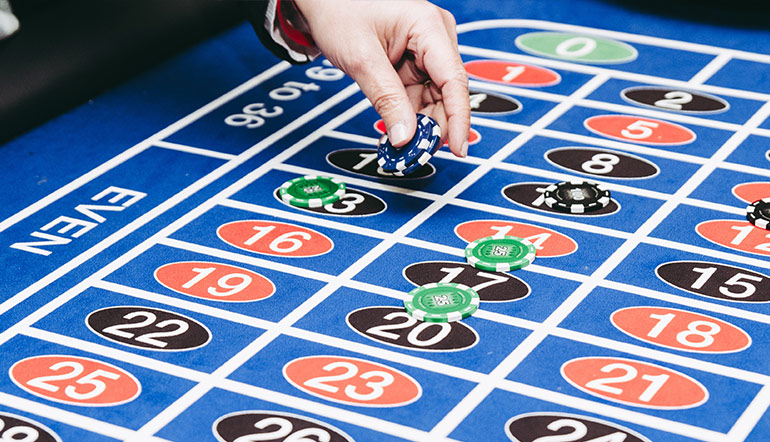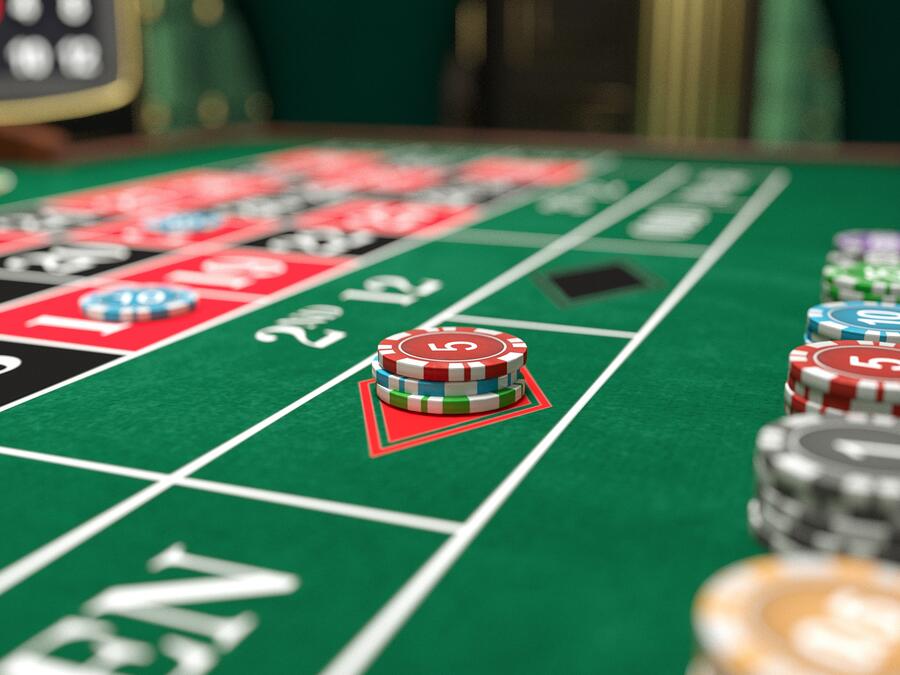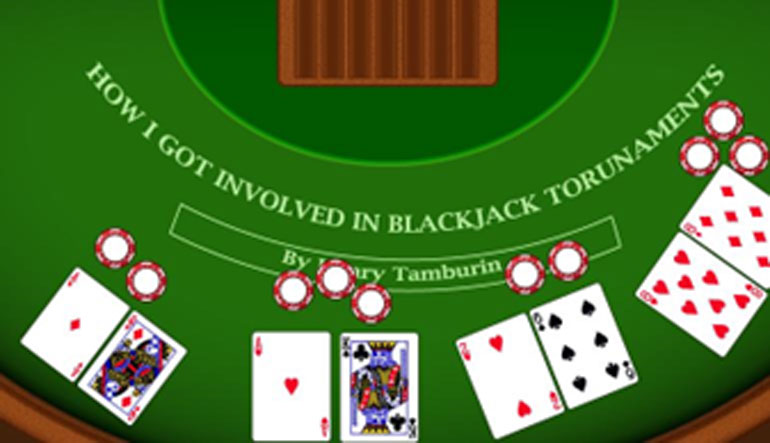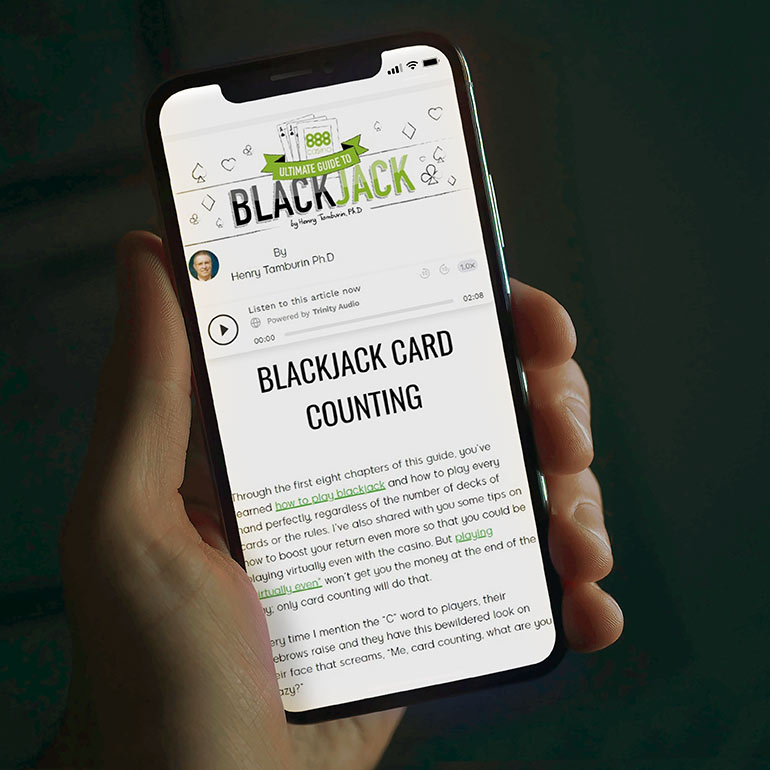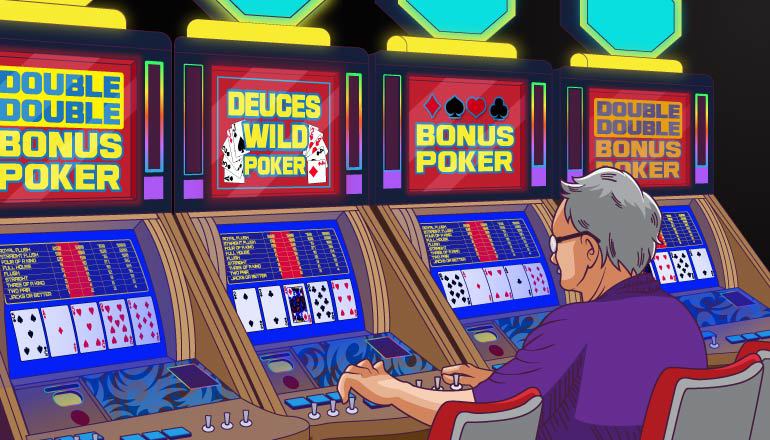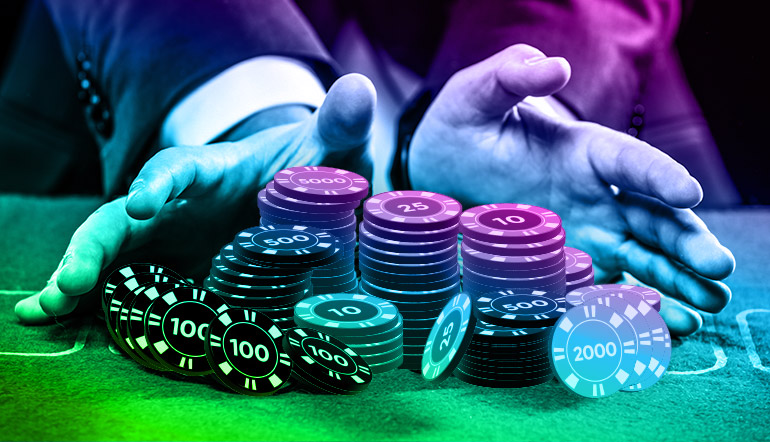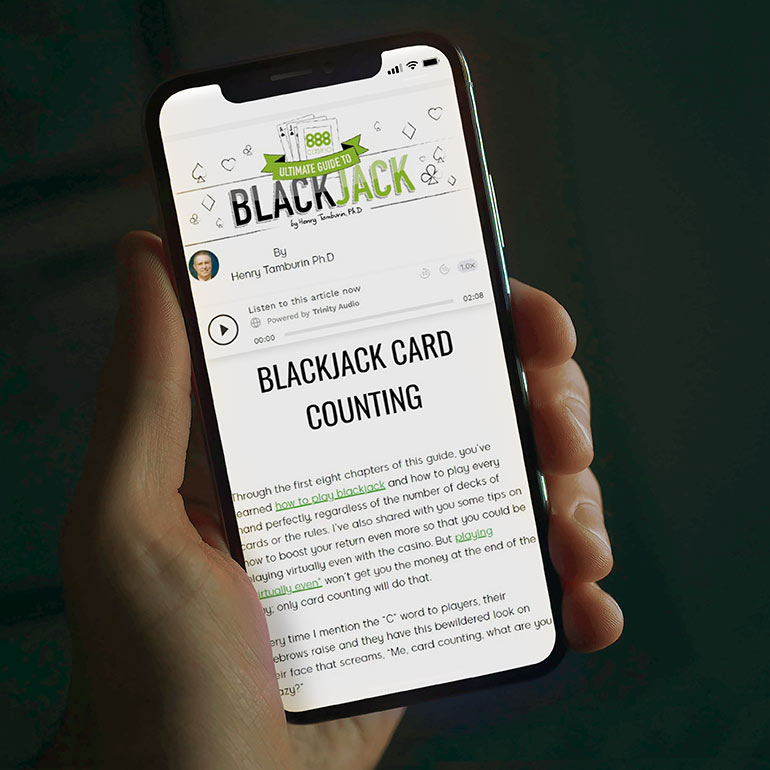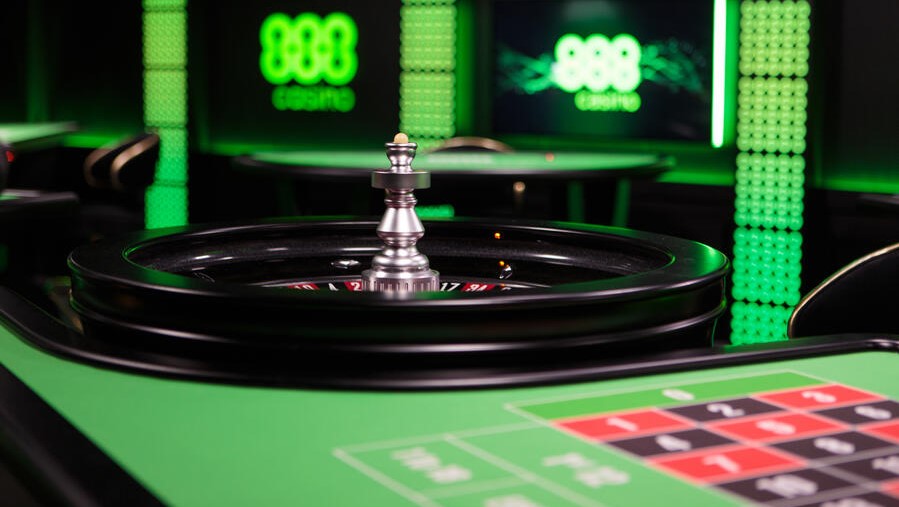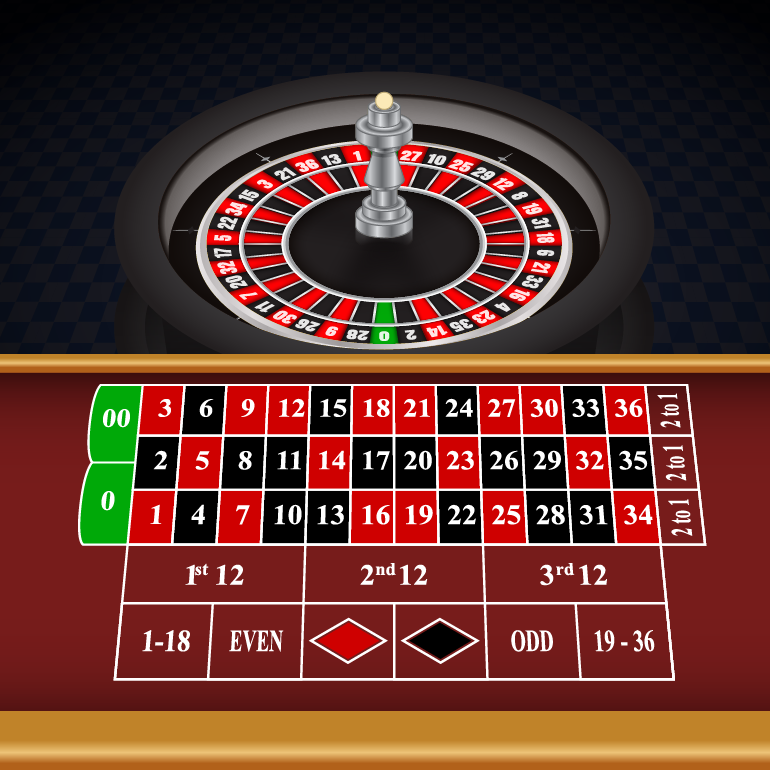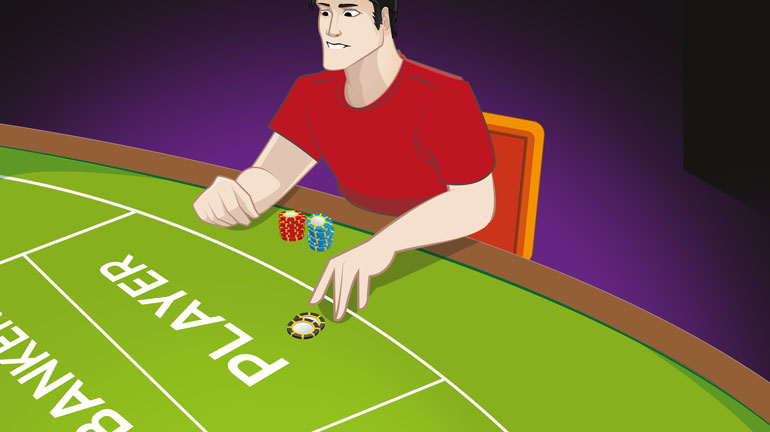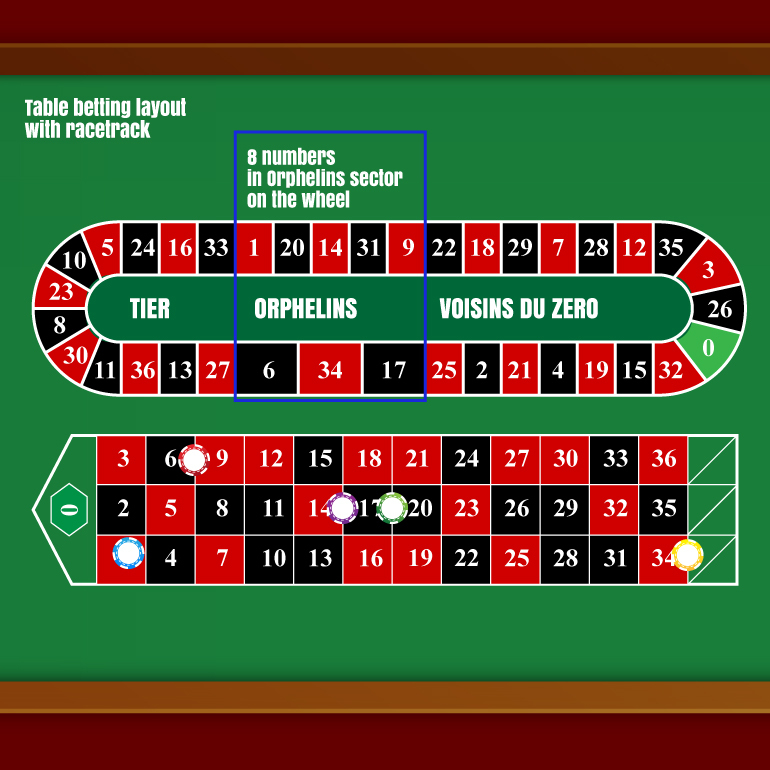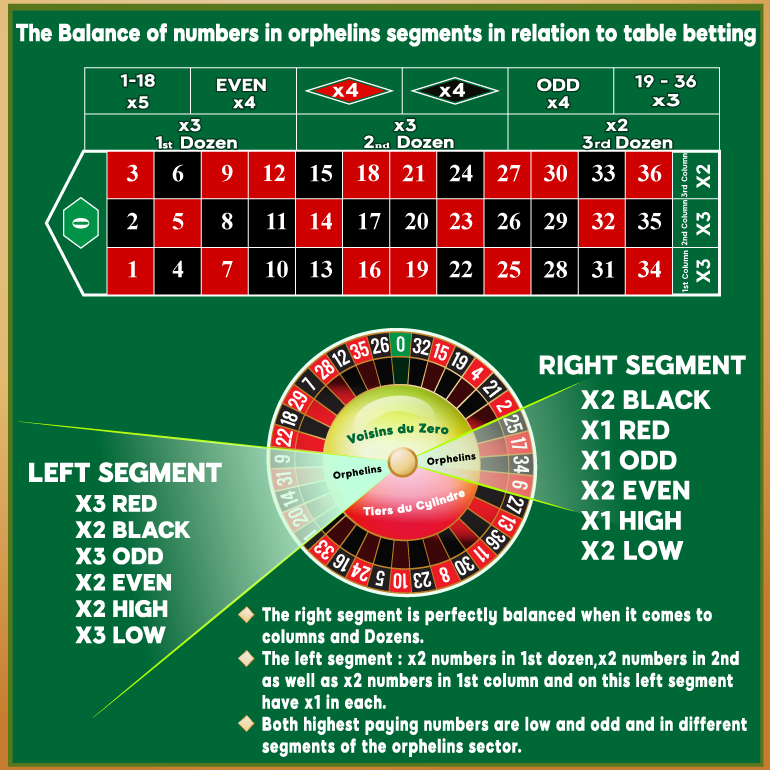For some people multiple mistakes define their lives. For most people little mistakes don’t dictate too much. Oh, yes, we have all made mistakes; it goes with the territory of being alive.
Playing casino games is no different. Mistakes are made. Working in a casino is no different either. Mistakes are made. And sometimes those mistakes make us become lost, either lost in the purse or lost in our personalities. Follow me here.
She Lost a Whole Day
This took place at the Golden Nugget in Las Vegas in the early 1990s. My wife, the Beautiful AP, and I were strolling through the casino to go to the cafe. A woman stopped us. She had a bucket from the slot machines with a few coins in it.
“What date is today?” she asked us.
“It’s April 2nd,” said my wife.
The woman paused, as if she were thinking deeply. “What happened to April 1st?” she asked.
“That was yesterday,” I said.
“I’m missing that day,” she said. “Where is that day?”
“You were here yesterday?” I asked.
“I started playing the night before April 1st and then it was today. I was ahead for quite a while but then, she looked at her bucket, “I must have lost it all.”
There are plenty of players who allow Las Vegas to ruin their normal rhythms but most of them do not lose whole days.
“Did you have a lot to drink?” asked the Beautiful AP.
“I don’t drink,” said the woman. She shook her head. She wandered off.
“She lost a whole day,” I said.
“What fun could that be?” asked the Beautiful AP.
He Lost His Cool
This happened at the Claridge Hotel and Casino in Atlantic City sometime in the late 1990s.
I was there with a group of acquaintances and we were playing craps. It was about three in the morning.
This was odd for me because I rarely stay up that late, whether in a casino or in real life, but this night just about everyone of my acquaintances was shooting the daylights out of the dice. Money was passing hands seemingly in cartloads right to the players. This was a table with many high rollers. Now, how can you leave a table when it is that hot? You can’t. I certainly couldn’t.
At the moment a man we called Skinny was shooting the dice. His name was Skinny because he wasn’t. That’s the New York/New Jersey type of humor. You have a big nose and your nickname becomes Schnozzle. Certainly this does not conform to the politically correct way to handle such things.
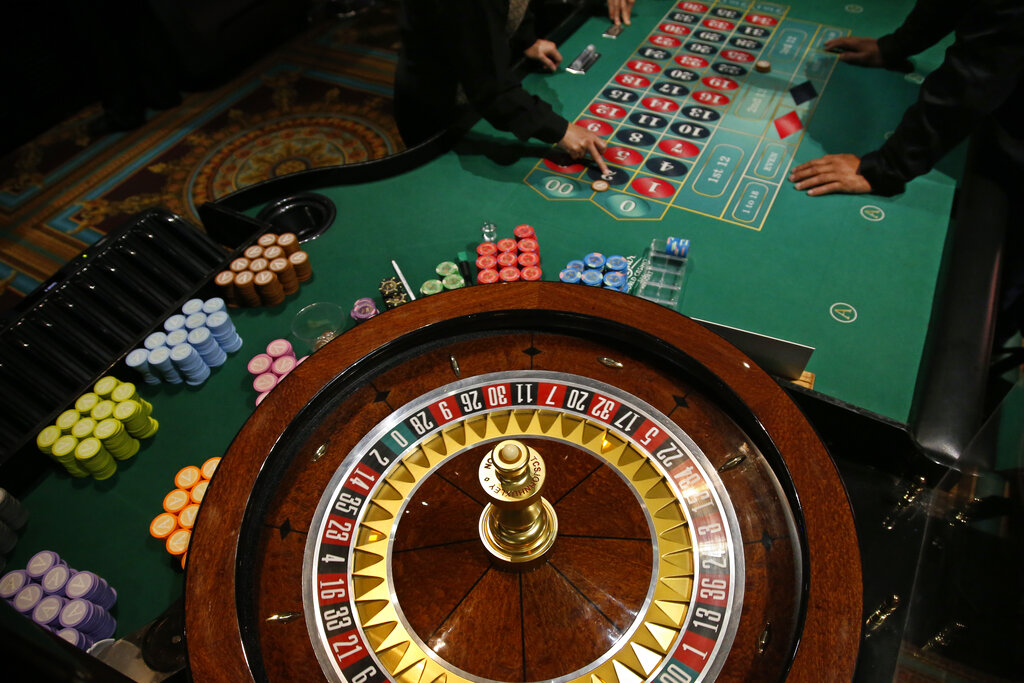
He had just rolled 26 (or so) numbers. Everyone at the table was cheering, loudly cheering; slapping fives.
He set the dice in what is called the hardways set which means you saw only hard numbers (2:2, 3:3, 4:4 and 5:5) on the sides of the dice. He picked up the dice, about to throw them, and the floor person named Francis (yes, I shared a name with this guy) came over and leaned over the table and waved his arms.
“Stop! Stop! Stop!” yelled Francis. “No more setting the dice! You hear me? No more setting of the dice!”
Skinny put down the dice and looked at Francis. We all looked at Francis. To me Francis looked over-heated. Craps players love to set their dice in different ways, one of which was the hardways. Rarely does a casino employee say anything about that. Setting the dice is a fun thing to do. It’s part of the game.
Skinny picked up the dice and threw them. He hit a number. He hit another number. He was setting the dice in a different set and he was still hitting numbers. A few more hits and Francis came running over to the table and – I kid you not – leaped onto the layout, holding his arms up, “No more shooting for you!”
Obviously, Skinny couldn’t shoot since Francis’ overheated puffy body was lying across the layout. “No more! No more!”
Skinny took his pass line bet down (something you are not supposed to do in the normal course of a craps game) and so did the rest of us. We all said, almost in unison, that we wanted all of our bets off the layout, including our come bets because of Francis’ actions.
The pit boss came over and he okayed the return of all of our bets as Francis was helped off the table and escorted somewhere.
We all left the table.
I do not know what happened to Francis.
He Lost His Wins
This has taken place at every casino in which I have ever played.
The player has been having a great night in the casino. He’s won at roulette, she’s won at blackjack, and many other players throughout the casino have won money even though the casino has an edge on every game. People do win in the casinos – every day.
Some nights can be just magical. I’ve experienced those nights … and days. I have also experienced its opposite number. Getting hammered.
Yes, sometimes that magic can be quickly zapped into the losers’ realm. It happens to many players. In fact, it might happen to all casino players at one time or another in their casino-playing careers.
Why does a crash landing happen to so many winning players during the same session when things have been going so well?
Many players, maybe most players, think that because they have been winning that this positive streak will continue so why not (no! no! no!) increase one’s bets to enjoy even more profits?
Players sometimes (okay, make that the players “often”) forget that even though they have won money, the house edge still exists and when these players raise their bets that edge just might kick in and kick the formerly winning players right in the head. Right in their bankrolls.
Increasing the amounts of your bets does not mean the good streak will last. In fact, the house edge grinds away at everything a player wagers, little money, big money, whatever money. That is a fact. It is a fact that cannot be disputed.
The bottom line is simple here: If you’ve won money don’t increase your bets thinking that the winning streak will continue. Bet the amount you normally bet and, yes, leave it at that wagering level.
Add this dictum as well: If you start to see losses growing, quit for a while and enjoy your win. You’ll come back to play later, but for a while settle into the glow of a winning session (or trip!).
Don’t substitute a loss for a win.
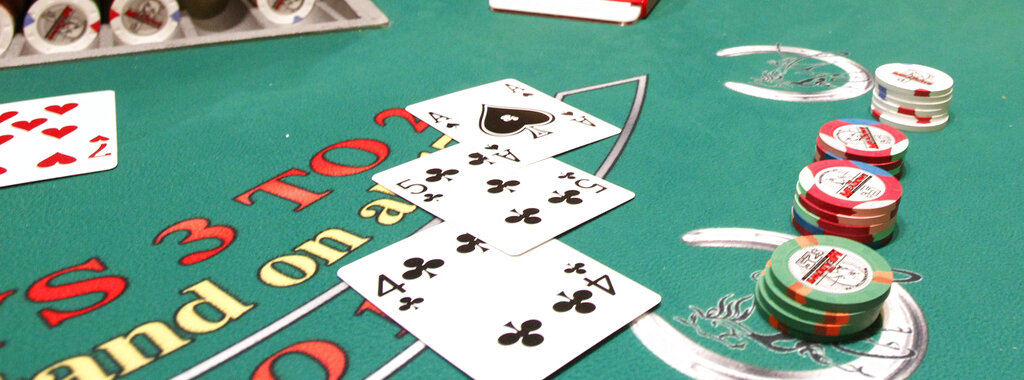
They All Lost Tips
This took place at the Maxim Hotel and Casino in Las Vegas in the early 1990s. The casino had a magnificent single-deck game with great rules and, picture this, the casino dealt all but one card out of the deck. That’s right, they burned a single card and you played against the other 51.
The place was mobbed with players because you didn’t even have to know how to count cards to beat this game. Money was flowing to the players and it was flowing as tips to the dealers too. Players tend to tip generously when they are playing a great game.
But there was a wrinkle in all of this. His initials were M.A. and he was a surly dealer. You gave the guy a tip and he’d look at you as if you were a worm and he’d put the tip in the tip box. He never thanked anyone. Even in the greatest game of blackjack I ever played in a casino, I did not enjoy playing at this guy’s table.
No player that I spoke to felt any positive vibes from this guy.
My wife, the Beautiful AP, and I stayed in Vegas for eight weeks playing that game and we became quite friendly with most of the dealers. We learned something interesting. The dealers’ tips were taking a hit because soon M.A. had no tips to deliver to the shared dealers’ tip box.
Almost no players were tipping him. And if any table had open spots of play it would be the table where he dealt. Players would actually pick up their chips and leave when he came on.
The dealers were outraged by this guy and finally the casino fired him. That came at the end of our trip.
The most winnable blackjack game in Vegas became a loss because of a guy whose initials were M.A. Even good things can be ruined by bad things.
These Players Lost at a Biased Roulette Wheel
The Rio in Las Vegas had the only biased roulette wheel my wife, the Beautiful AP, and I ever encountered or played. It was one big accident finding that wheel too.
This was in the mid-1990’s. During the course of a day, we kept noticing three numbers coming up out of all proportion to their probabilities at a certain roulette wheel. Finally, we decided to play that wheel and those numbers.
We started with direct bets on the three numbers at the table minimum. The three numbers were next to each other on the wheel.
In a couple of spins one of the numbers hit. A few spins later another of the three numbers hit. Let me make a long story short; for well over an hour, we played that wheel and by the time the pit boss came over to tell everyone they were closing the game and that we could play at any of the other tables, the Beautiful AP and I were scratching the table maximum on our bets.
Yes, I’ll bet everyone is now thinking, “Wow! All those players at a biased wheel; they must have all made fortunes!” You’d think so … but you would be wrong.
No one, (no one!) played those numbers. Not one player played one of those numbers. My beautiful wife and I played them; the other players didn’t.
Okay, yes, the table wasn’t very crowded and the players were all playing their lucky numbers or however they chose their bets but the one thing they wouldn’t do? Win! Win on a wheel that was offering up a bundle for anyone just observing which numbers were consistently coming up.
The players lost at a wheel that is a dream for most roulette players – a wheel that was off; that was biased; that had to be closed by the casino bosses.
I have never found another wheel like that in all my decades of play.
They Lost Plenty of Sleep
The more you play when the casino has the edge over you, the better the chance that you will be losing. It could be a fast descent or a slow one but it will be one nevertheless. That’s what the casino edge does to us.
However, there is an exception to that rule and it concerns players who are known as advantage-players. These players, usually card counters at blackjack, have learned how to keep track of the cards to ferret out when the game favors them.
Unlike other casino games, blackjack’s edges vary between player and casino. The edge is not stagnant as it is at games such as craps and roulette.
The more the competent card counter plays, the better chance he or she will be ahead of the game. The math tells us that, and great players have made some good money counting the cards.
However, there is even a wrinkle in this rosy picture. Some card counters think they have to get into the “long run” to make winning a guaranteed effect. They play outrageously long hours, often making unrealized mistakes because of fatigue, pushing to get into that mythical “long run” scenario.
I remember a card-counting couple who used to drive out to Vegas from California to “get into the long run.” They were so tired when they played that even the casino pit crews would tell them to get some rest. The couple ignored the advice.
They needed rest more than they needed more time at the tables. Because of mistakes of play due to fatigue, they were way behind – they were lost in a weary whirl of wrong decisions.
All the best in and out of the casinos!
*Credit for the photos in this article belongs to AP Photo*

